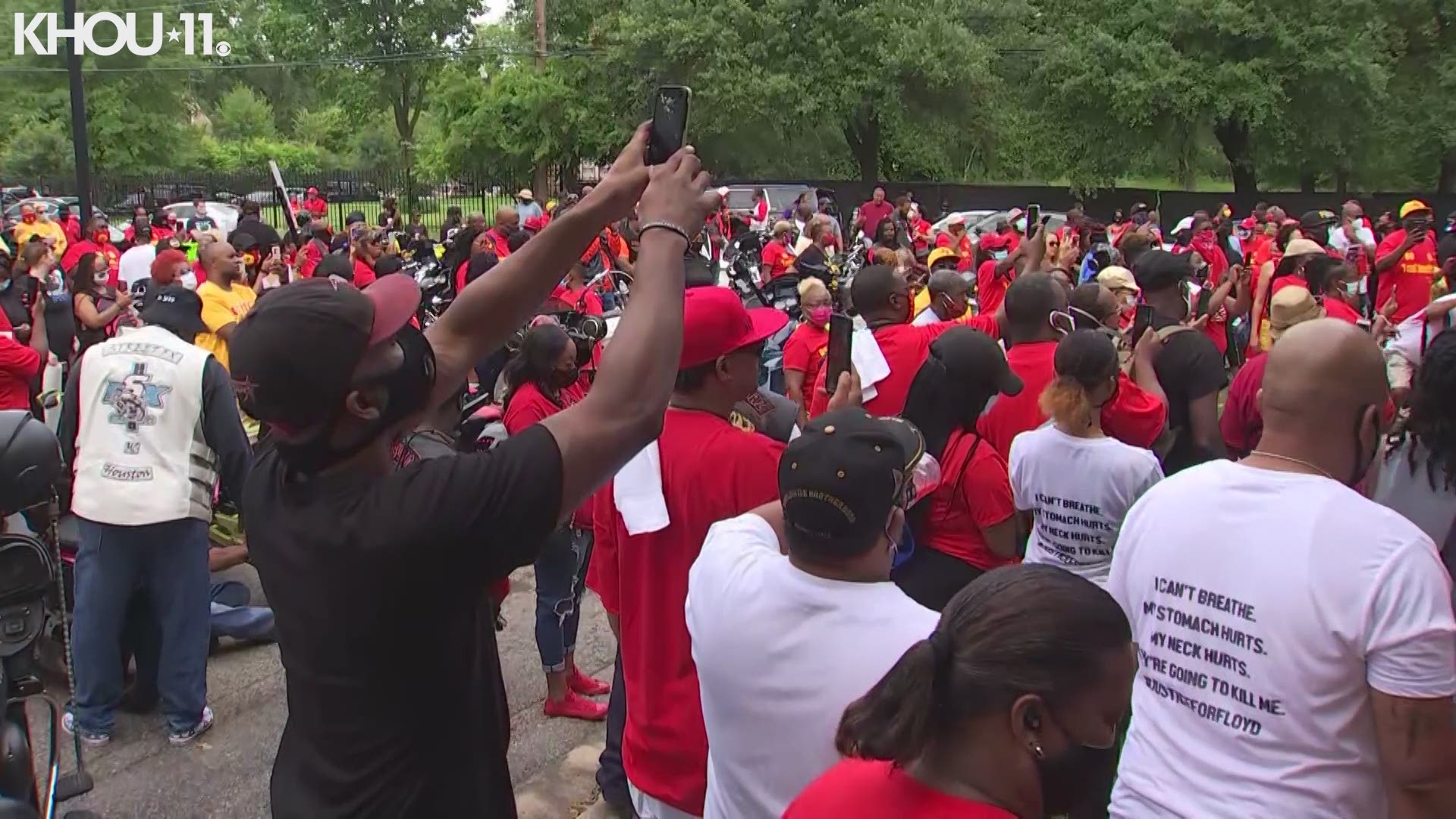Does the stock market’s rough start this year portend a victory for Donald Trump in November’s presidential election? Or is Trump’s surprising success causing the stock market’s gyrations? Investors want to know.
The historical data do show a strong correlation between the stock market’s performance in election years and whether the political party in power retains the White House. Consider the 18 presidential elections since 1900 in which the incumbent political party retained the White House: The Dow Jones industrial average’s year-to-date performance going into those elections was a gain of 10.8%. That contrasts with an average loss of 3.7% going into the 11 elections since 1900 in which the incumbent party lost. This pattern held up regardless of whether the incumbent party was Democrat or Republican.
This tendency for the stock market to perform worse during years when incumbents lose was very much on display the last two election cycles. The Dow was sporting a 29.7% year-to-date loss on Election Day in 2008, and the incumbent political party lost. On 2012’s Election Day, in contrast, the Dow was sitting on a 7.3% gain, and — sure enough — the incumbent party retained the White House.
Strong as this pattern is, however, it’s surprisingly difficult to determine what to do with it. That’s because no one knows whether it’s the stock market that is causing the incumbent political party’s chances to be better or worse, or vice versa.
![AFP 550123058 A POL USA DC [image : 82165194]](http://www.gannett-cdn.com/media/2016/03/23/USATODAY/USATODAY/635943349273156200-AFP-550123058.jpg)
As statisticians constantly remind us, correlation is not causation. And until we have a good idea what is causing what, the correlation between the stock market’s election-year performance and the incumbent party’s fortunes doesn’t help us forecast either one.
On the one hand, for example, it’s entirely plausible that changes in the parties’ political fortunes lead to changes in the stock market. The stock market hates uncertainty, for example, so as it becomes more likely that the incumbent party will lose the White House the stock market will tend to lose ground.
Hedge-fund manager Doug Kass, president of Seabreeze Partners Management, is advancing a variant of this argument today. In an interview, Kass argued that Donald Trump’s rapidly improving odds of winning have contributed to Wall Street’s volatility. Trump is a “political blank slate,” Kass said, with positions that are “unpredictable and somewhat unformed.” So long as that continues, he concluded, we should expect volatility to persist.
Yet the cause and effect also run in the opposite direction. Voters are more likely to want a change of political party in the White House when the economy and the stock market are in awful shape. As James Carville, Bill Clinton’s campaign strategist in 1992, famously put it: “It’s the economy, stupid!”
Notice, however, that even if you were convinced that the stock market is what causes changes in the parties’ political fortunes, you’d still not have much to go on today. The stock market is basically flat for the first quarter of 2016, having recovered from the big hole it dug in January and early February. If the stock market is a political handicapper, right now it’s essentially throwing up its hands.
The bottom line? Both political junkies and investors should focus on other factors that have a more obvious and direct impact. In the stock market, that means focusing on things like the economy in general and corporate earnings in particular. Both are far more likely to cause the stock market to be higher or lower at the end of this year than the shifting political fortunes of the various presidential candidates.
Mark Hulbert is the founder of the Hulbert Financial Digest and a market observer for more than 30 years.


